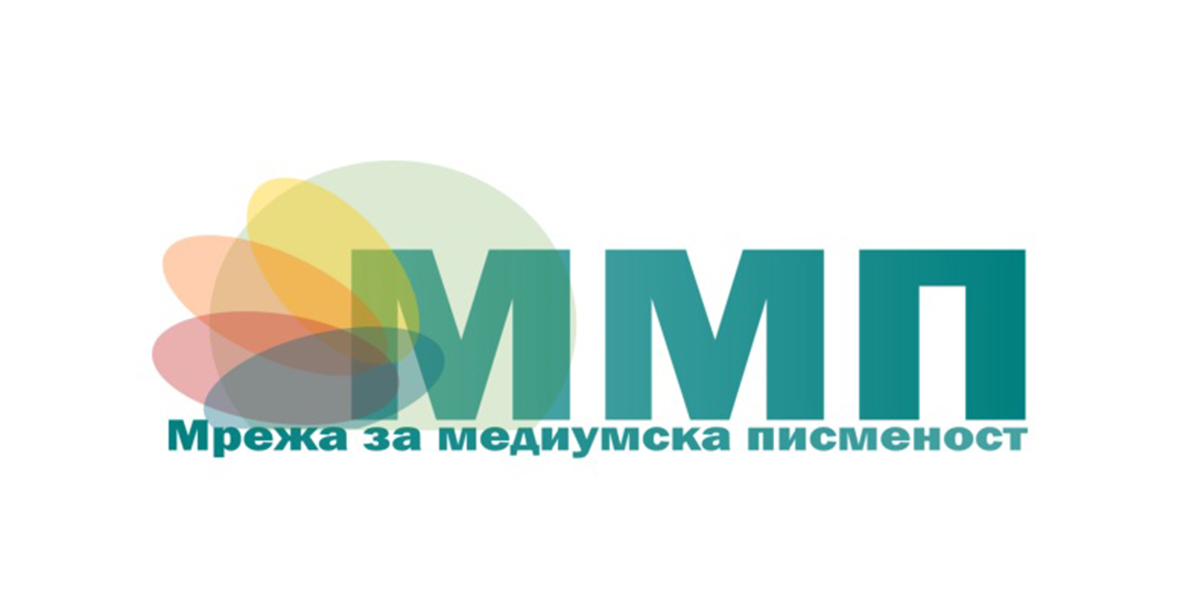The Annual Meeting of the Media Literacy Network, held on 24 November 2025, concluded the seventh edition of the 2025 Media Literacy Days, over the course of which, more than 20 activities took place across various locations nationwide. The meeting brought together the key stakeholders, including representatives from the Institute of Communication Studies, the Macedonian Institute for Media, the Media Ethics Council, Konedu Global, and the Agency for Audio and Audiovisual Media Services. The focus was on assessing the outcomes of the current activities and discussing future plans.
Key Highlights:
- Programme Implementation: Between 17 and 24 November, nine organizations—eight members of the Network and one supporter—hosted over 20 events both in-person and online, aligning with UNESCO’s global Media and Information Literacy Week. The events were well-received and successful, generating strong interest and active participation.
- Supporter Engagement: The Delegation of the European Union contributed through the EU-Western Balkans Media Literacy Conference 2025, which officially opened the Media Literacy Days. The EU also supported two workshops on leveraging open-source tools to combat disinformation. This collaboration was hailed as highly valuable, with calls for its continuation.
- Conclusions: There is a need for improved coordination among institutions and the media, especially regarding the integration of media literacy into educational curricula. The Network emphasized its commitment to developing resources and training programmes for educators, journalists, and the wider public, with a particular focus on fostering youth-led initiatives.
- Reactivation of Working Groups: Efforts will be made to reinvigorate the Network’s working groups, with voluntary membership focused on addressing emerging and specific issues within the realm of media literacy.
Next Steps:
- Continued collaboration with domestic and international partners.
- Development of new programmes for 2026, including a follow-up study on the media literacy levels of high school students.
- Monitoring digital literacy initiatives and the use of AI in information and education.
- Reactivation of working groups within the Network, with voluntary membership focused on current, specific areas of media literacy.






